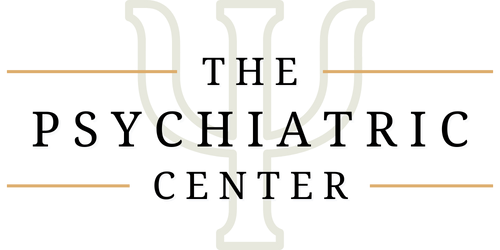Panic Disorder
When fear comes out of nowhere — we’re here to help you feel safe again.
What Is Panic Disorder?
Panic disorder involves recurrent, unexpected panic attacks — sudden episodes of intense fear or physical distress, often with no obvious trigger. These episodes can be frightening and disruptive, and may lead to fear of having another attack, which creates a cycle of avoidance.
Panic attacks are real, physical, and overwhelming. But they are also highly treatable with the right support.
Common Symptoms of Panic Attacks
- Sudden, intense fear or dread
- Racing heart or chest tightness
- Shortness of breath or choking sensation
- Sweating or shaking
- Feeling detached from reality
- Nausea or dizziness
- Fear of losing control, passing out, or dying
Many people first seek emergency care, believing they’re having a heart attack — only to be told “everything is normal.” That doesn’t mean the fear isn’t real.
When It’s More Than One Attack
Panic disorder is diagnosed when panic attacks occur more than once and are followed by:
- Ongoing worry about having more attacks
- Changes in behavior to avoid triggering situations
- Avoidance of places (grocery stores, driving, public spaces)
This can lead to agoraphobia — fear of leaving home or being unable to escape a situation during an attack.
Our Treatment Approach
We take panic seriously and approach treatment with both medical insight and compassion:
- Thorough psychiatric evaluation to confirm diagnosis and rule out medical causes
- Fast-acting interventions for acute panic (e.g., as-needed beta blockers or benzodiazepines)
- Long-term treatment with SSRIs or non-addictive medications
- Therapy focused on grounding, exposure therapy, and retraining your nervous system
- Mind-body techniques to reduce hypervigilance and regain trust in your body
The goal is not just fewer panic attacks — it’s freedom to live without fear of them.
FAQs – Panic Disorder
- Is panic disorder a lifelong condition?
Not necessarily. Many people recover fully with treatment. - Will I need to be on medication forever?
Not always. Medications can be helpful short-term while building long-term coping skills in therapy. - What’s the difference between panic disorder and anxiety?
Panic is sudden and intense. General anxiety is more chronic or persistent. - I’ve avoided getting help because I feel ashamed.
Panic is not a weakness — it’s your body’s alarm system misfiring. You’re not alone, and we understand.
✅ You Don’t Have to Live in Fear
📞 Call Us: (478) 745-9206
📍 3100 Ridge Ave, Macon, GA
🗓 Appointments within 1–2 weeks
Schedule a Psychiatric Evaluation →
Explore Therapy for Panic →
View All Conditions →
